Ratatouille: Devoted to Delight
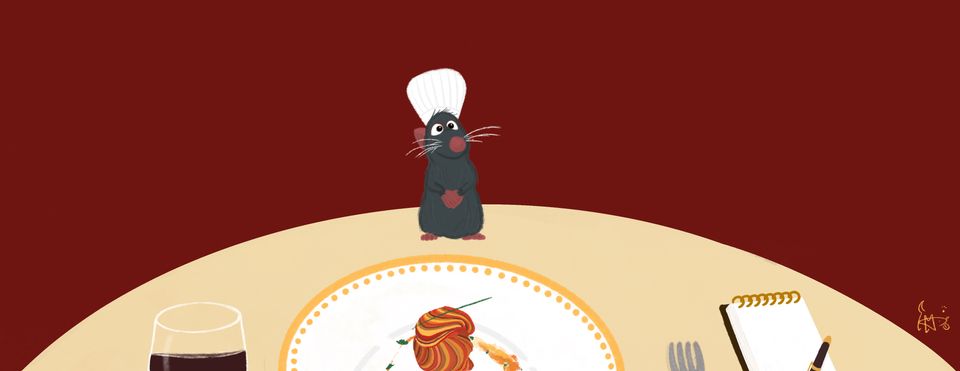
Art: © Jessica Keiko Mitsumasu
Anton Ego and the delights of friendship
We all have foods that compete for the honour of our favourite. Every bite occasions delight. One of my top contenders is Green Canoe’s Buttermilk Chicken Sandwich. Few things top the savoury juice of a crispy chicken filet polished off with fries. Cozied up with our favourites, we know that this is what food is supposed to be.
Disney’s Ratatouille is a movie that celebrates this joy of food. The protagonist, Remy, is always on the lookout for quality cuisine. Coming from a colony of rats, Remy is alone in his pursuit. While his brother Emile is digging through a garbage can, Remy is plucking wild mushrooms and rosemary. Good food is so important that he is willing to risk his life. Whether lightning bolts or bullets, he's ready to face the highest dangers to spice his food just right.
But can we go too far when it comes to food? What if you are more like Emile? You are satisfied with simple foods, and your friend is the more difficult one. You’ve taken her to your favourite place, but she’s apathetic. In fact, she’s never impressed. We have a term for this: snobbery. We all know the type, the one who refuses to eat at McDonald’s. The snob says no pizza is ever as good as it is at that one place. What starts as a discerning preference becomes insufferable arrogance.
Enter my favourite snob in cinematic history: Anton Ego.
This food critic is a frightening character. Ego’s tall, lean build lends to his towering judgments over any foodstuff. He always condescends; his hooded eyes are always gazing downward. Everything about his workspace is ominous, from the gaunt portrait above his skull typewriter to the coffin-shaped room itself. And he loves food. When the rising star Chef Linguini suggests he only likes cuisine, Ego takes grave offence. Characterizing his disposition to food as merely “liking” it is to severely underestimate his utter devotion to his work. He won’t swallow trash. Here is the snob par excellence.
Ego chastises Linguini for playing in Paris’ food scene without an appropriate opponent, which, according to Ego, is against the rules. With the vanguard fallen, Ego alone upholds the dignity of eating and protects it from corn dogs and microwaveable burritos. He will fight to the death.
If we put aside our contempt for snobs for a moment, we see that the critical spirit is not unique to them. It is natural for us to call some things good and others less so. As New York Times film critic A.O. Scott suggests, criticism is simply a desire “to think about, recapture, and communicate our delights.” Rightly viewed, then, snobbery becomes something understandable and even needed. It is a passionate defence of what we value. What is often called snobbery is potentially an ardent devotion to what is good, if only we have the will to see.
There is more to Ego than his haughty stare. Beneath the cold gaze is a longing, a desire to find someone who can see what he sees. The problem is that he has not met this person. Ego knows the truth while everyone else is still stuck in Plato’s Cave, content with shadows. However, he is the one left lonely in the dark. How can he explain it to his fellow Parisians? Like the bibliophile Alberto Manguel, we are familiar with language’s “shortcomings to name this experience fully.” No, our friend must taste and see the colours himself, and feel the stir of longing in his soul.
Ego is caught in such a bind. Hence his order when he finally settles at Linguini’s restaurant, Gusteau’s, once more. He wants perspective. Is there anyone who can meet the challenge? Anyone who similarly appreciates the delicate wonders and subtleties of great food? But of course, nobody in the “bloody town” can do it. The waiter doesn’t even know what is at stake. He’s still wondering about his guest’s order when Ego is talking about the fate of food itself—Ego alone has seen the light.
That is, until Remy.
Here is a rat, dirty and pestilent, who will meet this lofty critic on his turf. The contrast is important, as it underscores the power of a common vision to draw together those who are naturally opposed. In his famous Johan Skytte lecture, Harvard political scientist Robert Putnam noted this unifying tendency in religion. Churches constituted the largest thoroughly integrated gatherings he had ever witnessed. A diverse group gathers around their shared devotion to a God of beauty and love. So it is with a rat and a critic whose passion for food is the stuff of religious experience. As viewers, we hope against all odds for an amicable meeting between these two unlikely characters.
Through a series of serendipitous events, Remy revitalizes Gusteau’s through the kitchen garbage boy, Linguini. Remy’s dishes dazzle the patrons and draw the attention of Ego, whose critique drove the previous head chef to his death. Will Ego crush Rémy and Linguini too?
When Remy prepares the final meal for the Grim Eater, it becomes clear that he is a chef of the highest calibre. He is a true artist, one who cares more for the food than the hype surrounding it. He prepares, of all dishes, ratatouille, a simple dish seemingly unfit for the esteemed halls of Paris haute cuisine. Here his brilliance shines through. Linguini’s girlfriend and fellow chef Colette calls it a peasant dish. Linguini’s predecessor, Skinner, calls it a joke. But who shows no disdain at the choice? The mighty and ostensibly scornful master critic, Ego.
Remy is on to something. Whether it’s confit de canard or a ham and cheese baguette, good food is good food. Ego knows this. As essayist William Hazlitt wrote of great artists, “The meanest thing is not lost upon him, for he looks at it with an eye to itself, not merely to his own vanity or interest, or the opinion of the world.” Ego and Remy alone perceive the true experience awaiting beyond the fancy garnish and dinnerware. The rest are distracted by the fanfare. It is we who misunderstand when we call them snobs.
Then, the fateful moment. Ego takes one bite, and his eyes widen. He is taken to another world, and there he is transformed. We are left no longer with the Grim Eater but a countryside child enjoying the comforts of a peasant dish. This is a real joy. We finally understand that Ego the Ruthless was really Ego the Brokenhearted, a man embittered by what A.O. Scott calls “a steady diet of disappointment in the actual, secular world of ordinary eating” that failed to satisfy his “religious devotion.” The quest for this beauty may be what set him on his journey as a critic in the first place. Now, having found this dish, he is a different man.
The transformation results in spontaneous praise. Upon finishing, Ego offers his compliments to the chef. He cannot recall the last time he did this. The years of heartache have been heavy, but he knows this dish is the work of one who understands as he does. He has, as A.O. Scott writes, found a “like-minded soul.” Ego has encountered that critical moment at which friendships are born, the moment when we say with C.S. Lewis, “You too?” He will not leave before he meets the chef, and he will stay until closing to do it.
Ego the critic meets Remy the rat and, after a few words, he leaves the restaurant. Like Linguini and the others, we await Ego’s review. It turns out his review is the greatest monologue in the history of Disneydom! It is the beginning of a special relationship between two geniuses who have finally found one another. Ego will put his reputation on the line for this unusual chef: “The new needs friends.” That Remy is a rat only heightens the radicalness of Ego's review. He admits his failure to appreciate Gusteau's famous motto, “Anyone can cook.” His entire conception of cooking has been rocked to the core. The encounter with true beauty changes us, and it makes all the ancillary elements of species and class fade into the background. A new friendship is born.
I beamed when I stepped out of the theatre all those years ago. What I loved then and now is that this villain is redeemed. He epitomized haughtiness, and yet he could submit his pride to a rat. This gives me hope for myself. We know the dark corners of bitterness in our own hearts. We are holding out for something better, something to come upon us from without to utterly reshape our souls. In Ratatouille, the vehicle is as simple as good food.
I no longer have the same disdain toward food snobbery as I did pre-Ratatouille. What we need as ordinary food folks is to appreciate not the subtleties of taste but the longing of those snobbish souls. Because we are them, if not in the domain of food, then certainly in another, and we value those friendships where we have bonded precisely because of a common pursuit of the good.
More importantly, these relationships are necessary. Alone, Ego became a vampire, a mere shadow of who he was meant to be. In meeting Remy, he was liberated. The hope for beauty is completed by its shared experience. We offer our praises to living beings, not to the inanimate. It’s why I insisted on praising Final Fantasy VII in a national newspaper. It’s why we tell our friends they need to try the new restaurant down the street. When we share our words with one who knows that same pleasure, the joy multiplies.
When we think of the sheer number of meals we have to enjoy in a lifetime, it reminds us that there is no shortage of opportunities to seek, share, and foster delight in community. So let’s welcome the snobs and let the savoury enchantments of food weave us, misfits all, together in the bonds of friendship.
More Disney Reflections in Common Culture
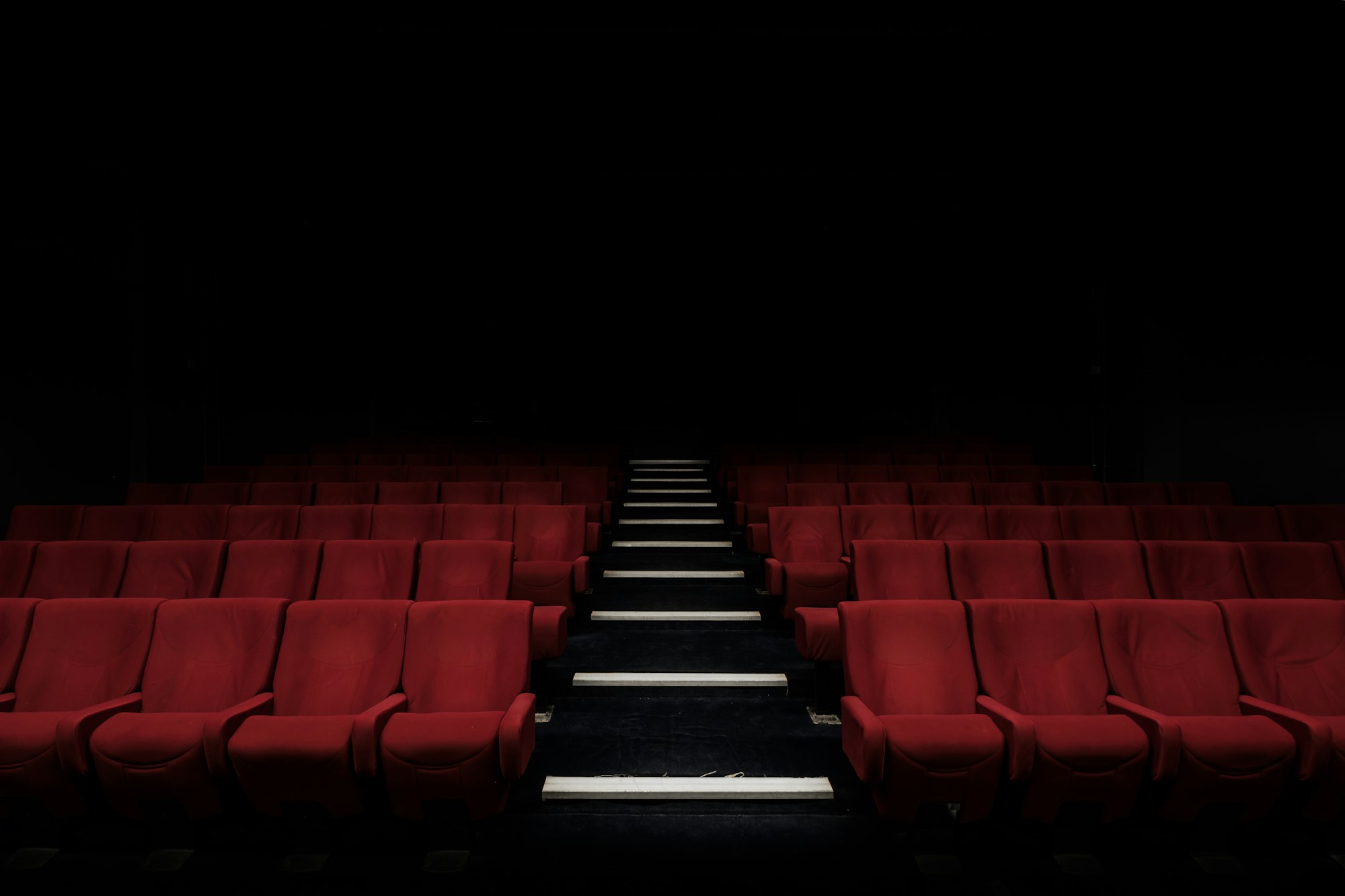

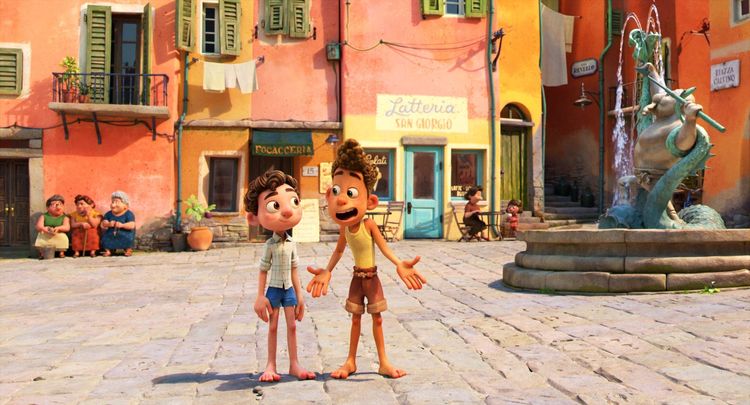
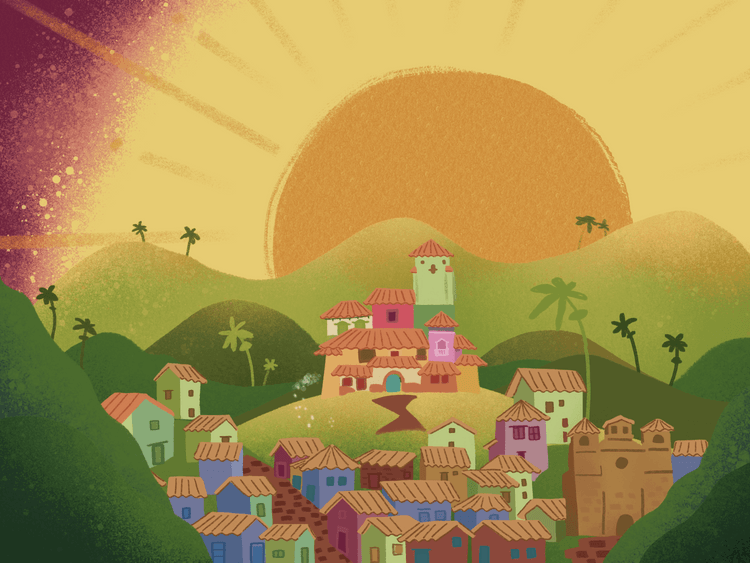
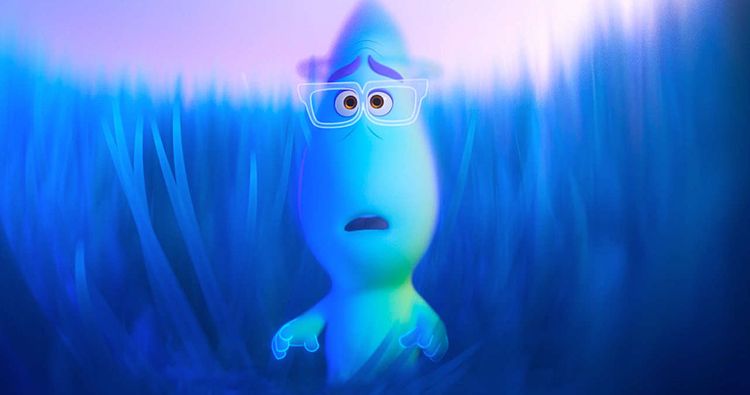

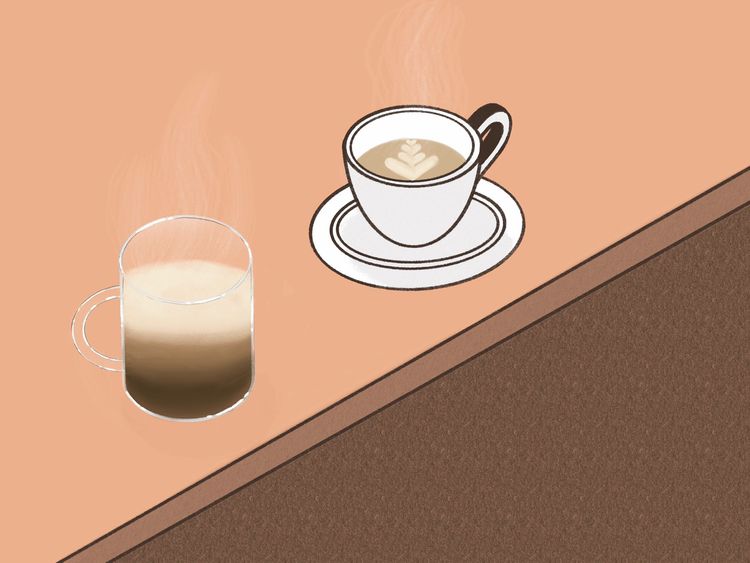
Member discussion